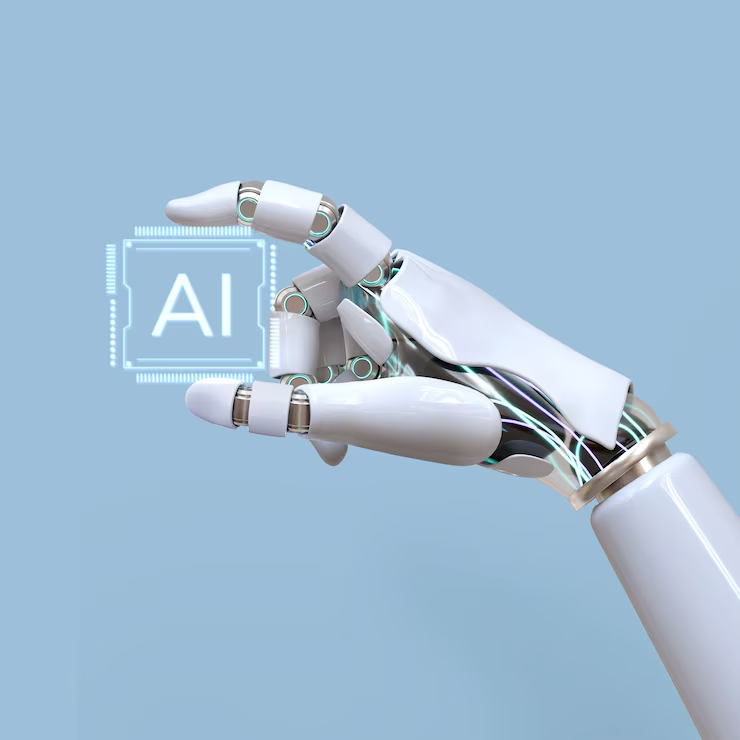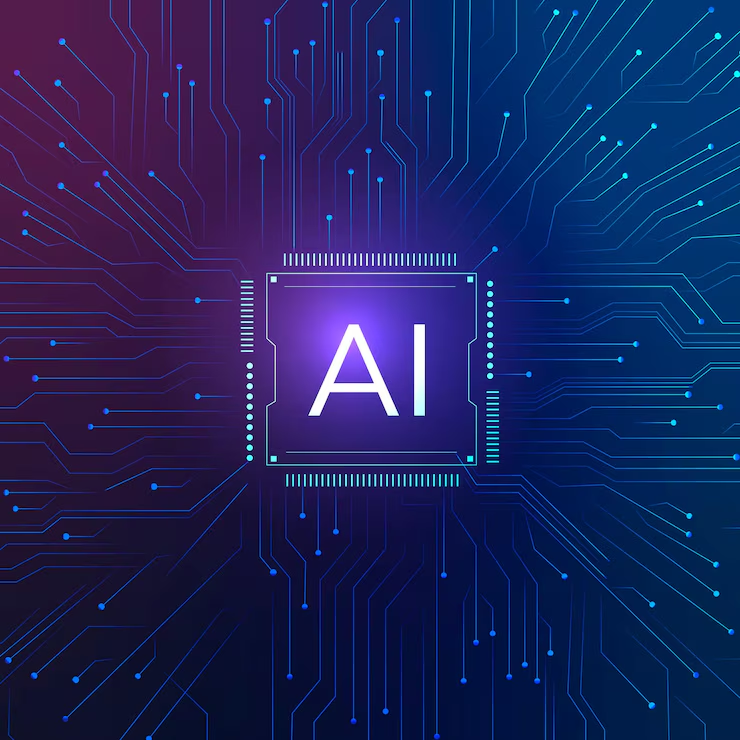Efficiency is no longer a competitive advantage – it's a prerequisite for survival. You might toil for 12 hours a day, while others only need 6 hours to perform better by knowing how to leverage artificial intelligence (AI). The difference lies not in time, but in the way of working. As technology changes hourly, management and operational thinking must also evolve – lest you be left behind.
From drafting documents and analyzing data to automating reports and managing tasks – AI is gradually becoming an indispensable intelligent assistant in every industry. However, not everyone knows how to utilize it correctly. In this article, let's explore together how AI effectively supports humans in their work.
1. How can AI support your work?

Automate repetitive tasks
Automation helps process repetitive tasks such as answering emails, scheduling meetings, data entry, or generating regular reports. This not only saves time but also minimizes errors and improves work efficiency.
Support research and data analysis
Technology supports the research and data analysis process by quickly searching for information, tracking market trends, and aggregating data from multiple sources. This enables users to make accurate decisions and effectively leverage valuable information.
Improve communication and collaboration
Technology facilitates connections between individuals and work teams through tools such as email, chat, video calls, and team collaboration platforms. This makes information exchange faster, more transparent, and more efficient, especially in remote working environments.
Enhance creativity and content creation
Artificial intelligence-powered tools help develop ideas, write content, design images, or create videos flexibly and quickly. This opens up new creative opportunities and significantly saves content production time.
Support project management and work organization
Applications in managing progress, assigning tasks, tracking performance, and reminding deadlines help organize work scientifically and clearly. As a result, teams work more effectively and reduce the occurrence of delays.
2. How to leverage AI effectively?

Identify specific needs and goals
Before using any AI tool, ask yourself:
- What tasks am I spending too much time on?
- Where do I need AI assistance: writing, analysis, time management, or creativity?
Clearly defining your goals will help you choose the right tools and avoid wasting resources on unnecessary features.
Research and select suitable AI tools
Not every AI tool is right for you. Here are some popular suggestions:
- Content Writing: ChatGPT, Jasper, Grammarly
- Image Generation: Midjourney, DALL·E
- Data Analysis: Power BI, Tableau with integrated AI
- Workflow Automation: Zapier, Notion AI, Microsoft Copilot
Experiment, evaluate, and choose the tools that fit your needs and work style.
Start with small and simple tasks
Instead of overhauling your entire workflow immediately, begin by letting AI assist with repetitive or time-consuming tasks. For example:
- Summarizing long emails
- Drafting social media posts
- Automating weekly reports
From there, you will gradually develop a smarter mindset for using AI.
Learn how to interact and provide clear instructions to AI
AI is not a mind-reader. The way you provide instructions (prompts) significantly impacts the quality of the results.
- Write clearly and with specific objectives.
- Provide context, examples, or desired tone.
- Learn advanced "prompting" techniques such as: step-by-step requests, critique, comparison, etc.
Combine AI with your skills and experience
AI excels at processing data, but it cannot replace human thinking, experience, and intuition.
Use AI as a support tool — the final decisions, review, and creativity still belong to you.
Regularly evaluate and adjust your AI usage
Periodically ask yourself:
- Is AI helping me save time?
- Am I becoming too dependent on AI?
- Are there better tools available?
Continuous evaluation will help you not only maintain efficiency but also maximize the potential of the technology.
Invest in learning and enhancing AI-related skills
AI technology is rapidly evolving. Be proactive by:
- Following AI news sources and courses (Coursera, Udemy, LinkedIn Learning, YouTube)
- Joining AI communities to learn from others
- Staying updated on trends to avoid falling behind.
3. Important considerations when using AI

Security and privacy issues:
- Exercise caution when sharing sensitive information with AI tools.
- Choose reputable AI platforms with clear privacy policies.
Accuracy and reliability of information provided by AI:
- Always double-check information generated by AI, especially critical information.
- AI can still make mistakes or provide inaccurate information.
Ethics in AI usage:
- Avoid using AI to create false or discriminatory content, or content that infringes on copyright.
Changes in the Labor Market:
- Prepare for potential changes in the skill requirements of the workforce.
- Focus on developing skills that are difficult for AI to replace (e.g., critical thinking, creativity, soft skills).
4. Conclusion
Applying AI to work is not merely about adopting technology – it's a strategic decision. In an increasingly competitive landscape, leveraging the power of artificial intelligence is the key to restructuring processes, optimizing resources, and sustainably increasing efficiency.
Success doesn't come from following trends, but from the ability to proactively identify needs, choose the right tools, and combine AI with modern management thinking. Organizations that know how to integrate AI into their operational structure will be the leaders in the digital transformation race. Contact us for strategic consulting and receive a comprehensive set of materials on technology trends shaping the future of business – free and practical for leaders.